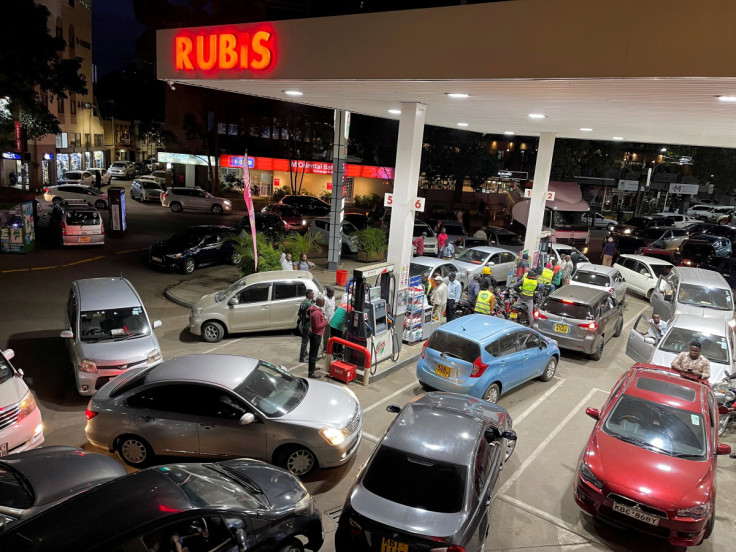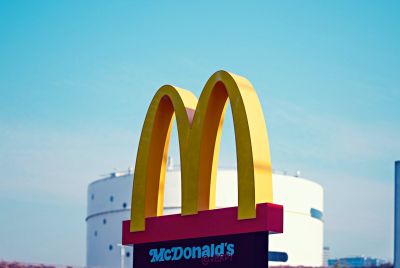UK government to mandate public disclosure of fuel prices to empower drivers
The UK government is set to require fuel retailers to publicly disclose their prices in an effort to increase transparency and give consumers more control.

In a bid to increase transparency and empower consumers, the UK government is set to charge fuel retailers to disclose their fuel prices publicly.
Through a new fuel price reporting initiative, drivers are put in charge of locating the best fuel rates, giving them the ability to make choices about where to fill their tanks. This scheme will enable drivers to distinguish between companies charging reasonable pricing and those who are failing to pass on savings from lower wholesale costs.
To ensure fuel retailers comply, the government will modify the law to require them to give up-to-date price information. By doing this, the British government aims to foster increased transparency and competitiveness, lowering prices and lowering people's cost of living. Moreso, the new system would make pricing data available to other parties, allowing them to establish price comparison apps and websites that will benefit the digital economy and growth.
The government's firm stance follows the release of a Competitions and Markets Authority (CMA) study on July 3, which revealed that some supermarkets charged drivers 6 pence extra per litre for fuel. This equates to an extra £900 million in expenditures in 2022 alone – around £75 million every month.
The UK government, in an effort to address the concerns, noted that new powers will be granted to an unnamed public organisation to closely monitor the UK road gasoline market, scrutinise prices and inform the government if additional intervention is required. This is the latest development in the government's efforts to reduce the cost of living this year, as part of one of the Prime Minister's five priorities. It comes after the Chancellor met with regulators, including the CMA, last week to ensure consumers are treated fairly and to assist those who are struggling to make payments.
Grant Shapps, Secretary of Energy Security, stated that some fuel retailers have used drivers as cash cows, raising their prices when fuel costs skyrocketed, but failing to pass on savings now that costs have reduced. According to Shapps, it is unacceptable that businesses prioritise their bottom line at a time when families are struggling with growing living costs, putting upward pressure on inflation and pocketing hundreds of millions of pounds at the expense of hardworking people.
Shapps mentioned that the government is putting the CMA's recommendations into action and standing by consumers, noting that they'll shine a light on rip-off shops to drive down costs and ensure they're held accountable by enacting new transparency authorities.
Chancellor of the Exchequer, Jeremy Hunt, expressed his displeasure towards firms refusing to pass on lower costs in order to maintain their profits while working people struggle to balance their budgets. He deemed this attitude unfair and stressed the need for consumers to be treated properly. He, therefore, noted that they are empowering drivers to find the best fuel costs possible by acting quickly in response to the CMA's recommendations.
The CMA's analysts discovered a significant deterioration of competition in the fuel sector and an overall increase in retailer margins, particularly for diesel, with supermarkets being the biggest offenders. It also noticed a dearth of trustworthy and comprehensive price information for drivers.
The research, taking this into consideration, advises mandatory public disclosure of fuel prices as well as the establishment of a market monitoring authority, which the government has agreed to. This autumn, the government plans to consult on the design of the open data system and market monitoring role, with modifications to the law required to implement it.
In the meanwhile, the CMA will establish a voluntary program to encourage gasoline merchants to share accurate, up-to-date road fuel prices for publishing by August, while also continuing to monitor fuel prices using its existing authorities.
The approach is comparable to one implemented in Germany, which increased competition among fuel retailers. Meanwhile, drivers in Queensland, Australia, saved an average of $93 per year as a result of a nationwide program implemented in the state.
Action to safeguard consumers was revealed on July 3, following nearly £40 billion spent by the government to shield homeowners and businesses from spiralling energy prices during the colder months, including paying half the average household bill and saving the average home around £1,500 by the end of June.
Meanwhile, with the latest Ofgem price cap taking effect on July 1, households' annual energy expenses will be cut by roughly £430 on average. In addition, the government is providing further assistance to the most vulnerable, including an additional £150 for handicapped people and £900 for those on means-tested benefits.
© Copyright IBTimes 2025. All rights reserved.






















